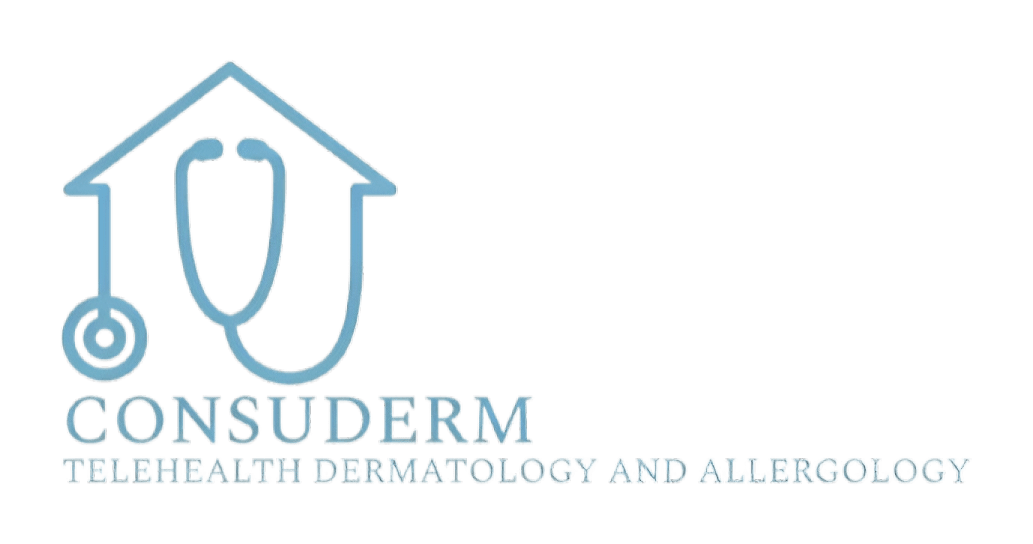skin Rash
Explanation
A region of skin that is inflamed or swollen is called a rash, and it is frequently accompanied with itching, redness, pain, and inflammation. Many rashes can result in bare skin patches or blisters. As far as medical experts are concerned, a rash is just skin irritation brought on by an internal or external exposure.

Reasons for Skin Rash

- Contact dermatitis can be brought on by allergens (things like latex and poison ivy) and irritants (things like chemicals and home cleansers).
- Skin infections caused by bacteria, viruses, fungi, or parasites
- sensitivities and allergies to certain foods, drugs, or environmental substances autoimmune diseases, including atopic dermatitis, psoriasis, and eczema.
- Bite or sting of an insect
- Miliaria, or heat rash, frequently brought on by perspiration and humidity
Kinds of Skin Rash
- The symptoms of eczema (atopic allergic dermatitis) include dry, itchy, and irritated skin.
- Psoriasis is characterised by silvery, scaly skin lesions.
- Contact dermatitis is a skin condition brought on by irritation from chemicals, detergents, or plants.
- Hives are defined as elevated, burning-sensing welts or lumps.
- Sweating and humidity are the causes of miliaria, or heat rash.

Therapy and Administration

- Keep the impacted area dry and cool.
- Avoid rubbing or scratching the skin as this can make the rash worse. Use moisturising and cleaning products that are mild and fragrance-free.
- To lessen inflammation and itching, apply topical creams or fluid ointments (ideally non-cortisone).
- Avert allergies and factors that might have triggered the rash.
- If the rash is severe, extensive, or accompanied by fever, pus, or breathing difficulties, get medical help.
Crucial Points to Remember
- Darker skin tones might cause rashes to appear differently, increasing the possibility of misdiagnosis.
- Certain skin diseases, such as psoriasis and eczema, can affect any area of the body, including the face.
- Certain skin diseases, such as psoriasis and eczema, can affect any area of the body, including the face.

Book An Appointment
For an accurate diagnosis and course of treatment, it’s imperative to speak with a healthcare provider because certain rashes might be signs of underlying illnesses that need to be treated

